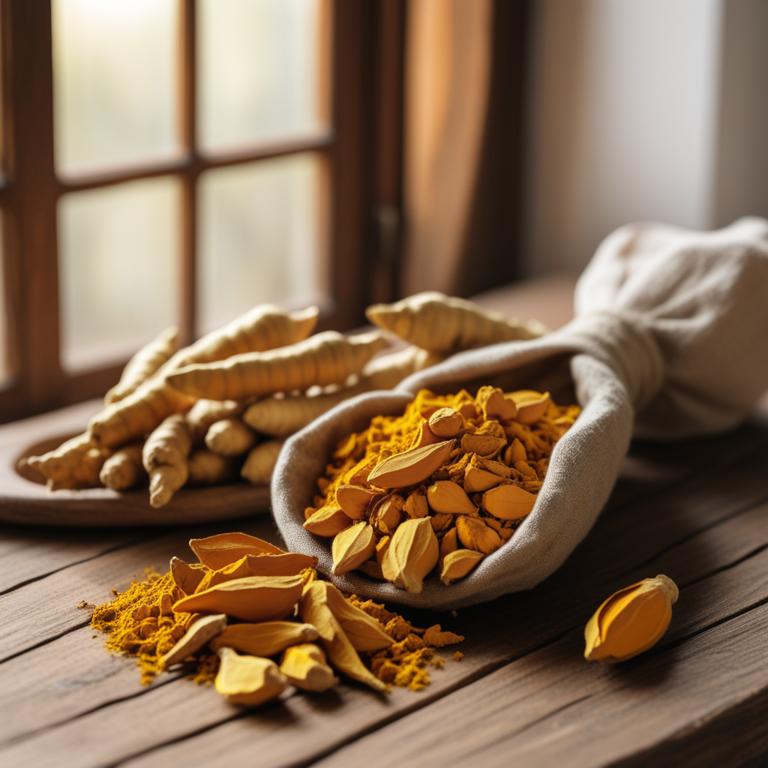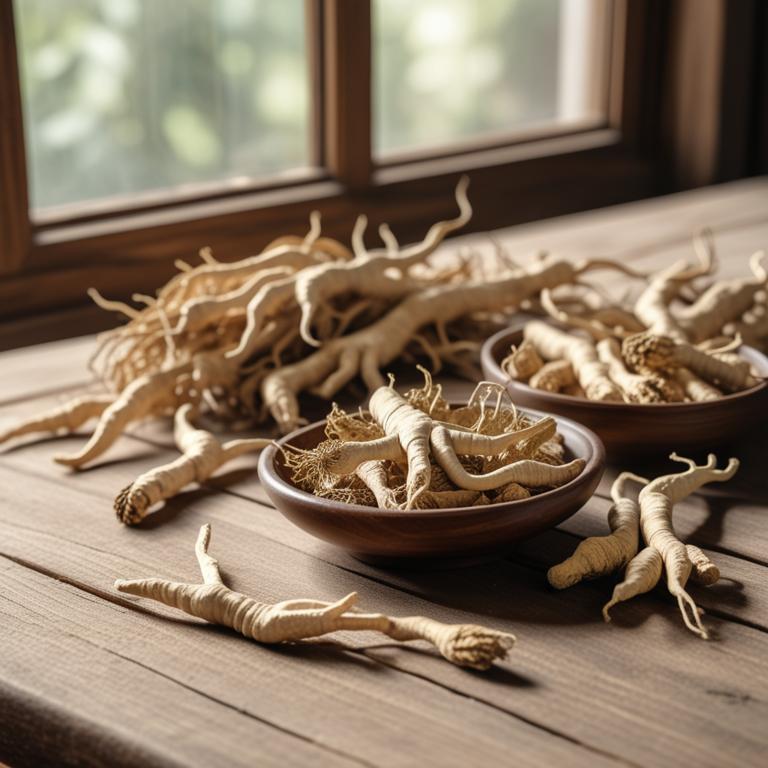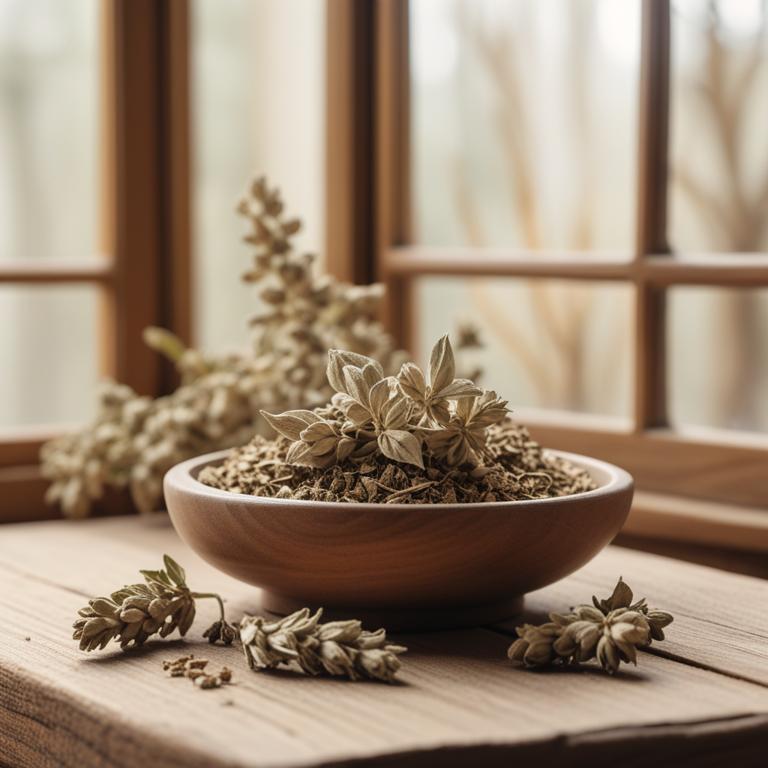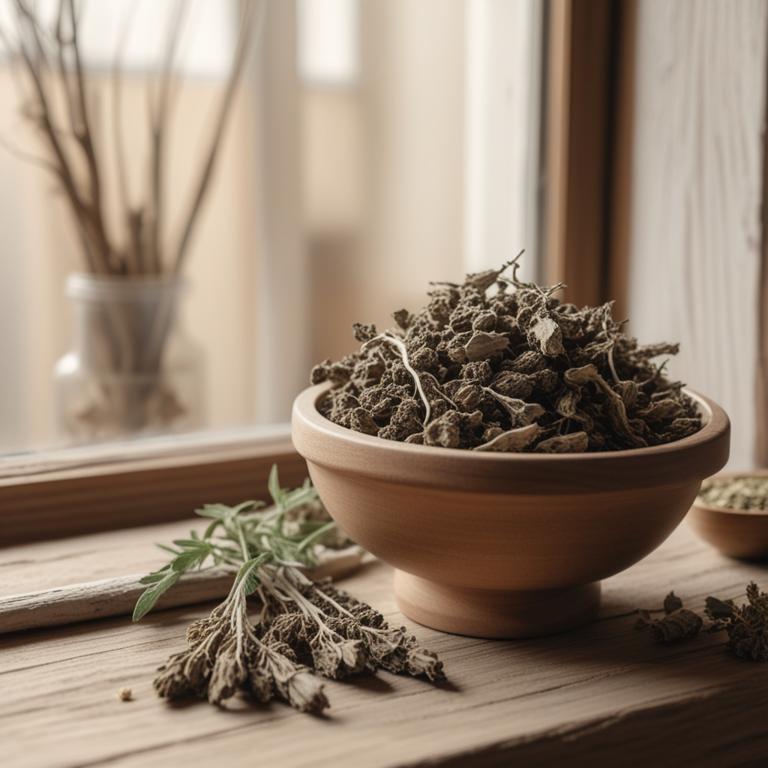Updated: Dec 1, 2024
The Causes and Herbal Treatments of High Blood Pressure

High blood pressure is a condition where the force of blood flowing through your blood vessels is too high.
This can cause damage to your blood vessels, heart, and kidneys, and can lead to serious health issues like heart attack, stroke, and kidney failure. When you have high blood pressure, you may feel fatigued, experience shortness of breath, and have swollen ankles and feet. It's essential to manage high blood pressure to prevent these complications. High blood pressure is often caused by a combination of factors, including genetics, age, diet, and lifestyle. Consuming too much salt, sugar, and saturated fat can increase blood pressure, as well as being overweight or obese, not exercising regularly, and smoking. Stress and lack of sleep can also contribute to high blood pressure.
Fortunately, herbal remedies can help manage high blood pressure. Herbs like garlic, hawthorn, and ginger have been shown to lower blood pressure by reducing inflammation and improving blood vessel function. These herbs work by relaxing blood vessels, reducing blood pressure, and improving circulation. To use these herbs for high blood pressure, you can try making herbal teas. Steep a few cloves of garlic or some dried hawthorn leaves in hot water to make a tea that can help lower blood pressure. You can also add ginger to your tea to reduce inflammation and improve circulation. Another option is to take herbal supplements in capsule or tablet form.
However, always consult with a healthcare professional before using any herbal remedies, especially if you're taking medications or have underlying health conditions.
Table of Contents
- What causes high blood pressure to occur?
- What benefits can be gained from using herbs to control high blood pressure?
- What medicinal herbs are commonly prescribed for high blood pressure?
- What are the most used herbal supplements for high blood pressure?
- Which herbs are not advised for people with high blood pressure?
- FAQ
What causes high blood pressure to occur?
The main causes of high blood pressure are complex and varied.
One of the most significant factors is Family History - if your parents or grandparents had high blood pressure, you're more likely to develop it too. This is because genetics can play a role in how your body regulates blood pressure. Another major cause is Smoking - cigarette smoke can damage blood vessels and make them less flexible, leading to high blood pressure. When you inhale cigarette smoke, it releases chemicals that make your blood vessels constrict, which increases blood pressure. Diabetes is also a significant risk factor for high blood pressure.
When you have diabetes, your body has trouble regulating blood sugar levels. This can lead to damage to your blood vessels and kidneys, increasing your risk of developing high blood pressure. Obesity is another major cause of high blood pressure. When you're overweight or obese, you're more likely to develop insulin resistance, which can lead to diabetes. Additionally, excess weight can put extra pressure on your blood vessels, increasing your blood pressure. Age is also a significant risk factor - high blood pressure tends to develop as people get older.
This is because our blood vessels naturally become less flexible and more constricted with age, making it harder for our bodies to regulate blood pressure.
What benefits can be gained from using herbs to control high blood pressure?
Using herbs to help manage high blood pressure can be a great option for many people.
One of the main benefits is that they can help lower your blood pressure levels naturally, without the need for medication. This is especially helpful for people who can't take prescription medications or prefer to avoid them. Herbs can also help reduce the risk of complications from high blood pressure, such as heart disease and stroke.
Additionally, they can help lower your risk of developing other health problems, like kidney disease and vision loss. Many herbs have anti-inflammatory properties, which can also help reduce swelling and pain in the blood vessels, making it easier for blood to flow through them. Some herbs can even help reduce stress and anxiety, which is a major contributor to high blood pressure in many people.
By incorporating herbs into your diet, you may be able to lower your blood pressure and improve your overall health and well-being.
What medicinal herbs are commonly prescribed for high blood pressure?
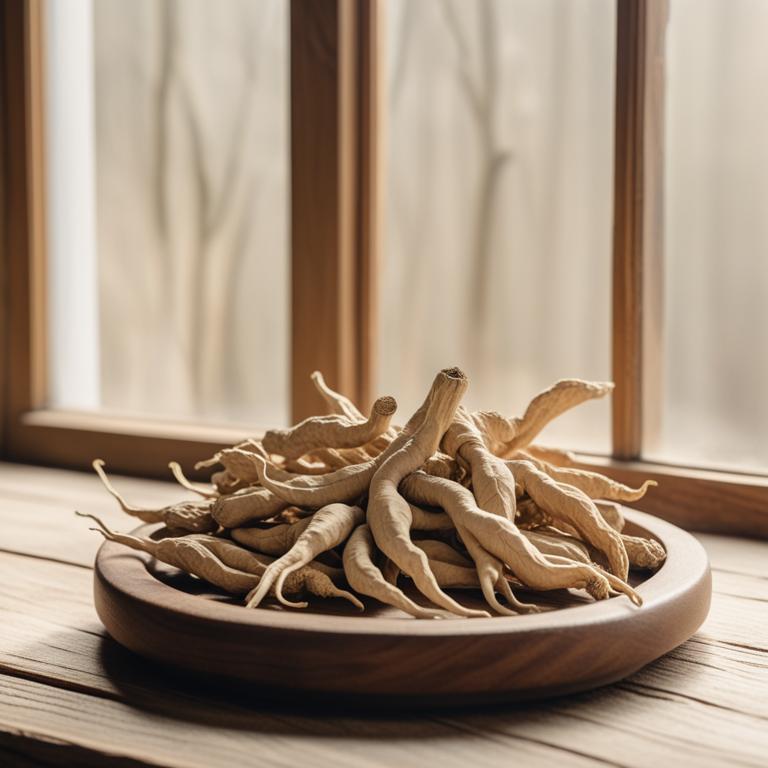
Herbs can be a great way to help manage high blood pressure.
One herb that's often used is Panax ginseng. It has compounds that help relax blood vessels, which makes it easier for the heart to pump blood. This helps lower blood pressure and reduce the risk of heart problems. Another herb that's been studied for its blood pressure-lowering effects is Tribulus terrestris. It's often used in traditional medicine to help lower blood pressure and improve overall cardiovascular health. Tribulus terrestris has compounds that help dilate blood vessels, which reduces blood pressure and improves blood flow. Ocimum basilicum, also known as sweet basil, has been shown to have a positive effect on blood pressure.
It contains compounds that help relax blood vessels and improve blood flow. This can help lower blood pressure and reduce the risk of heart problems. Licorice root, or Glycyrrhiza glabra, has been used for centuries to help manage high blood pressure. It contains compounds that help relax blood vessels and improve blood flow. However, it's essential to note that Glycyrrhiza glabra can raise blood pressure if taken in excess, so it's crucial to use it under the guidance of a healthcare professional. Ginkgo biloba is another herb that's been studied for its potential to help lower blood pressure. It contains compounds that help relax blood vessels and improve blood flow. This can help lower blood pressure and reduce the risk of heart problems.
Ginkgo biloba also has antioxidant properties, which can help protect the heart and blood vessels from damage.
What are the most used herbal supplements for high blood pressure?
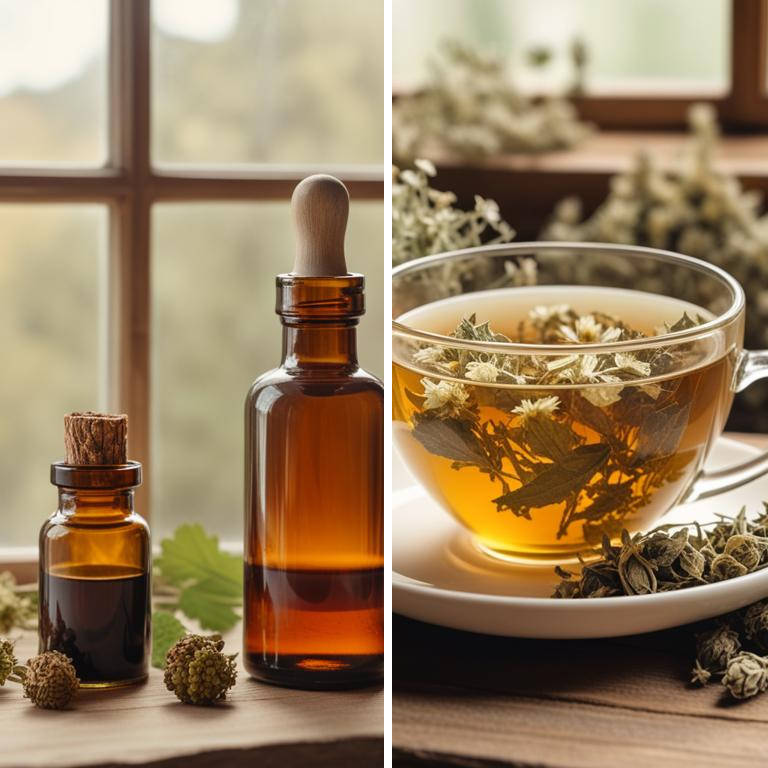
Herbal preparations can be a great way to help manage high blood pressure.
Capsules are a convenient way to take herbs like garlic, which helps lower blood pressure by relaxing blood vessels and improving blood flow. Decoction is a liquid herbal preparation made by boiling herbs in water, and it's often used for herbs like hawthorn that help improve heart function and lower blood pressure.
Tinctures are concentrated herbal extracts that can be taken in small amounts, and they're often used for herbs like passionflower that help calm the mind and body, reducing stress and anxiety that can contribute to high blood pressure. Tea is another popular way to take herbs, and it's often used for herbs like chamomile that help relax and calm the body, reducing blood pressure. Infusion is a liquid herbal preparation made by steeping herbs in hot water, and it's often used for herbs like dandelion that help lower blood pressure by improving kidney function and reducing fluid retention.
All of these herbal preparations can be a useful addition to a healthy lifestyle and can be used under the guidance of a healthcare professional.
Additional Resources:
Which herbs are not advised for people with high blood pressure?
If you have high blood pressure, it's a good idea to be cautious with certain herbs.
For example, Ephedra sinica, also known as Chinese ephedra, contains a compound called ephedrine, which can raise blood pressure and make it harder to control. This can be especially problematic if you're already dealing with high blood pressure, as it can put extra strain on your heart and blood vessels. Another herb to watch out for is Hydrastis canadensis, also known as goldenseal. While it's often used for its antimicrobial properties, it can also have an effect on blood pressure. Some research suggests that goldenseal can increase blood pressure, which can be concerning for people with high blood pressure. Valeriana officinalis, or valerian root, is often used as a natural sedative, but it can also have an impact on blood pressure.
Some studies have found that valerian root can lower blood pressure in people with normal blood pressure, but it may not have the same effect on people with high blood pressure. However, it's worth noting that valerian root can interact with certain medications, which can further complicate things. Lavandula angustifolia, or lavender, is a popular herb for its calming effects, but it's not usually a concern for people with high blood pressure. However, lavender can interact with certain medications, such as blood thinners, which can affect blood pressure. Achillea millefolium, or yarrow, is another herb to use with caution if you have high blood pressure. While it's often used for its anti-inflammatory properties, it can also have a blood-thinning effect, which can increase the risk of bleeding.
This can be a problem for people with high blood pressure, as it can further strain the heart and blood vessels.
FAQ
Are there any specific herbs that can prevent high blood pressure?
Herbs like hawthorn and garlic have been studied for their potential to help lower blood pressure.
Hawthorn is thought to improve blood vessel function, while garlic may help reduce inflammation and relax blood vessels.
These herbs may also have antioxidant properties that help protect against damage to blood vessels.
Is it safe to use herbal remedies for high blood pressure during pregnancy?
Using herbal remedies for high blood pressure during pregnancy isn't recommended.
Some herbs can cause problems with the baby's growth or even lead to miscarriage. It's best to stick with what your body needs during this time, and that's a healthy diet and regular exercise.
This will help control your blood pressure naturally.
Are there any herbs that can reduce the frequency of high blood pressure?
Some herbs may help lower blood pressure or reduce its frequency.
For example, hawthorn and garlic have been studied for their potential to lower blood pressure. Hawthorn is known to help relax blood vessels, while garlic may help reduce inflammation and improve blood flow.
These herbs may be worth trying, but it's essential to use them as directed.
Can i combine different herbal remedies for high blood pressure?
You can combine herbal remedies for high blood pressure, but it's essential to choose ones that work well together.
For example, combining hawthorn with garlic or ginkgo biloba might be helpful.
However, combining herbal remedies with medications can interact in complex ways, so it's crucial to understand the effects of each herb.
Related Articles
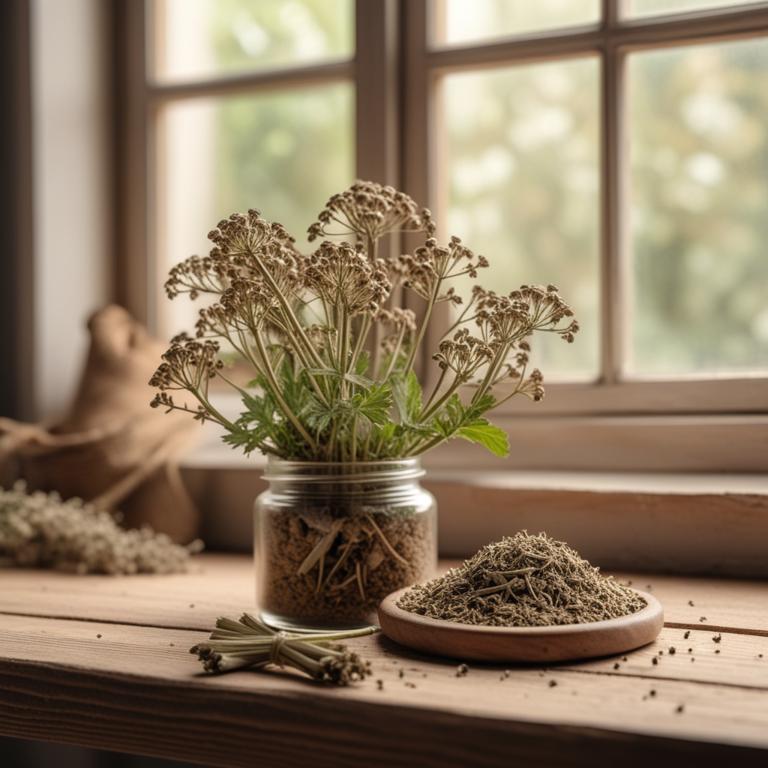
Palpitation: Understanding Its Causes and Natural Medicinal Herbs
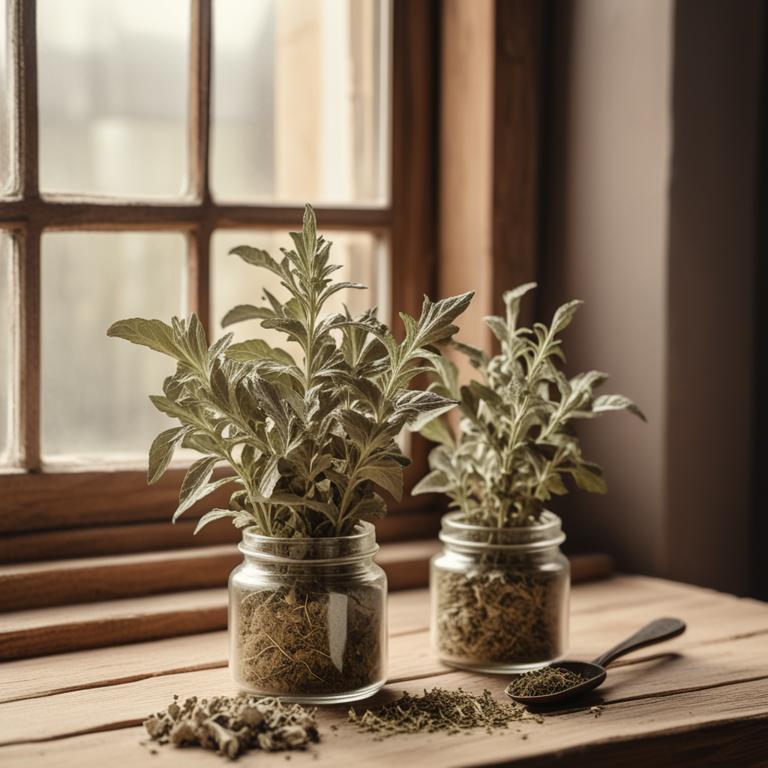
Natural Treatments for Congestive Heart Failure: Medicinal Herbs and Herbal Preparations
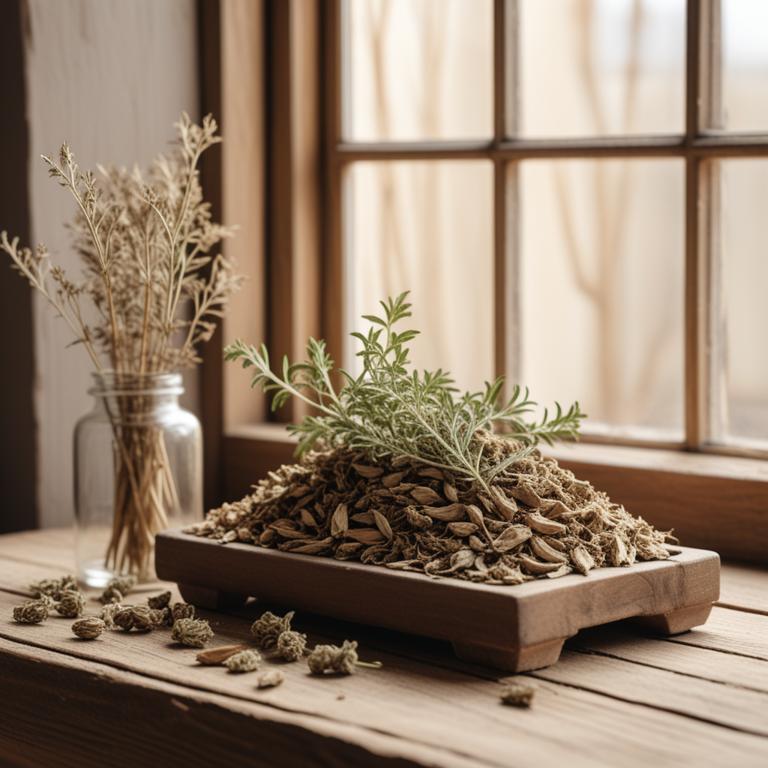
The Causes and Herbal Treatments of High Blood Pressure
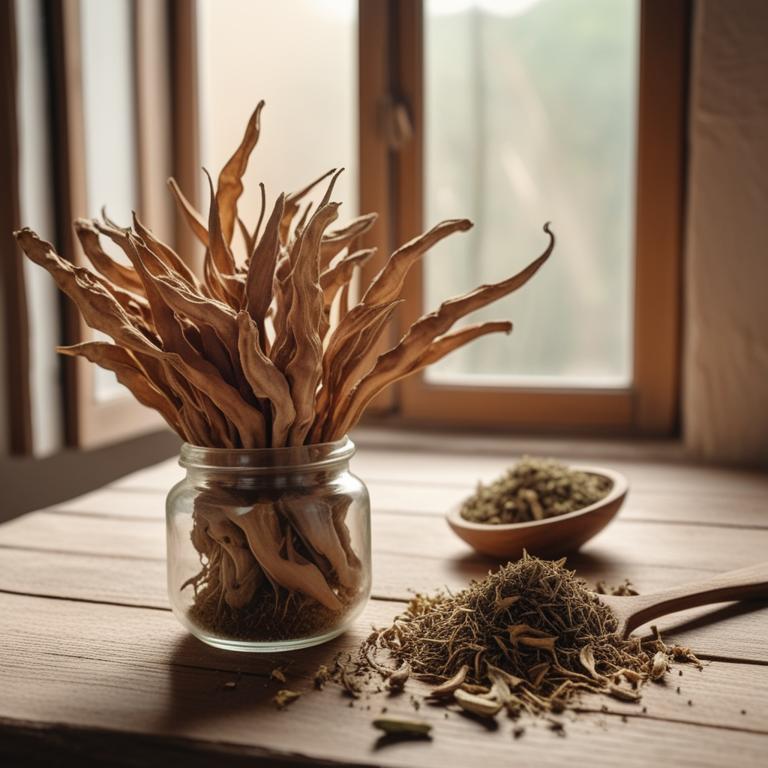
Gum Infection Causes and Medicinal Herbs for Natural Relief
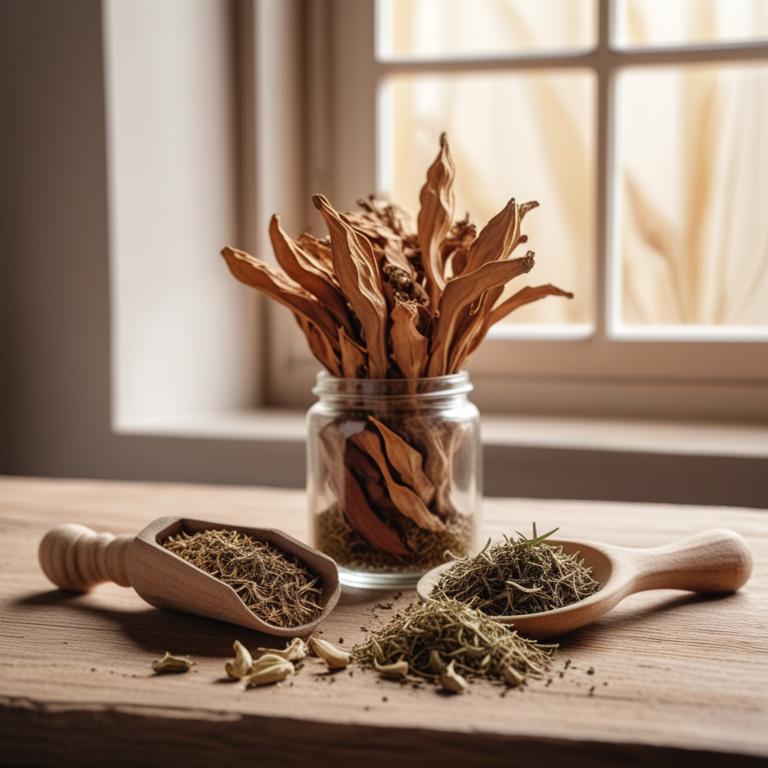
Heart Pain Causes and Medicinal Herbs for Pain Relief
